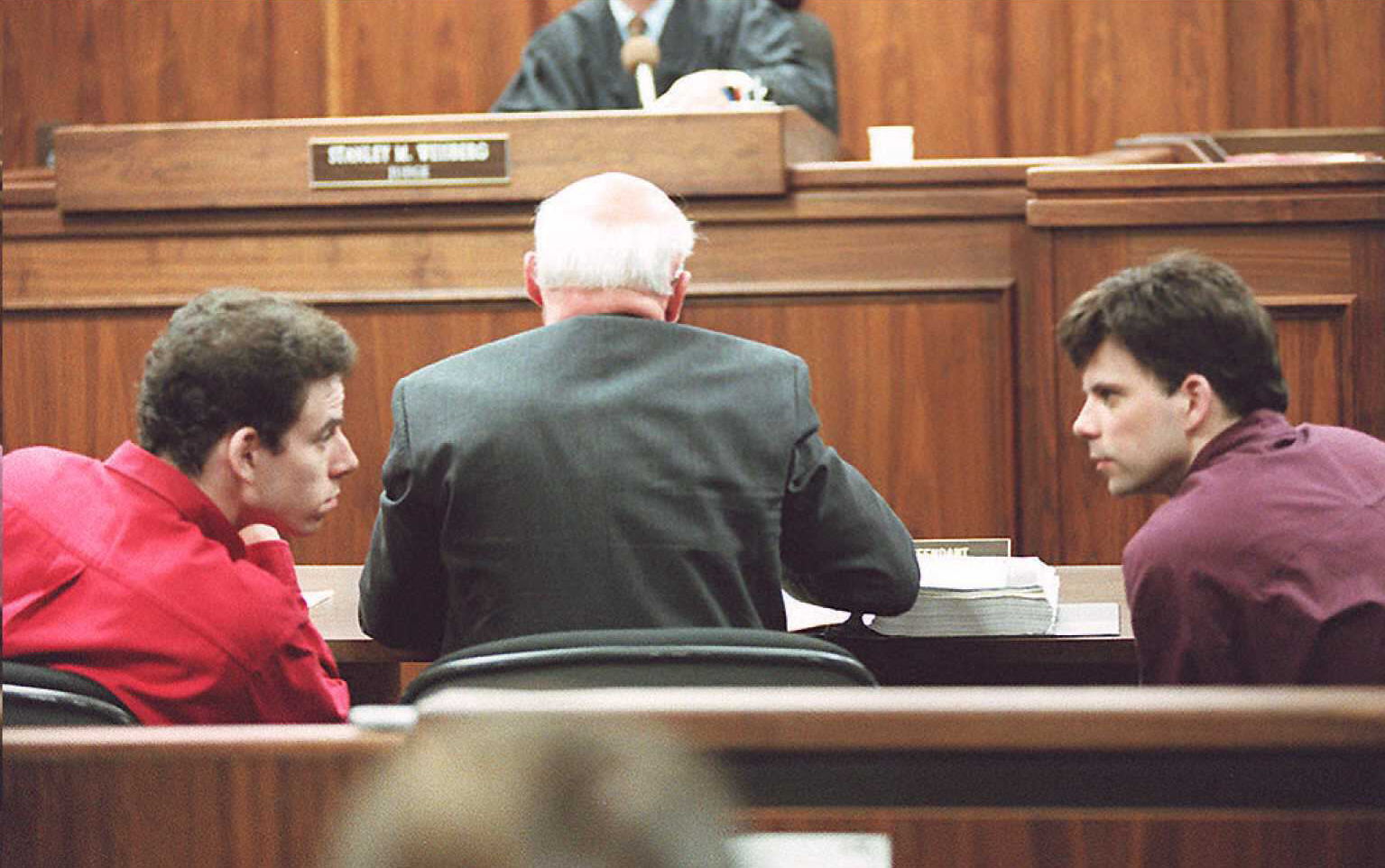Lyle and Erik Menendez, who were convicted in 1996 for murdering their parents in their Beverly Hills mansion, were denied parole this week in California despite a wave of public sympathy fueled by documentaries, dramatizations and social media campaigns that cast new light on their case.
The brothers, now in their mid-50s, were resentenced in 2023 to terms of 50 years to life, making them newly eligible for parole. Their hearings came just months after a surge of renewed attention. Netflix’s Monsters: The Lyle and Erik Menendez Story topped global charts in 2024, while a companion documentary featuring the brothers’ own voices drew millions of viewers. TikTok clips, podcasts, and celebrity advocates, including Kim Kardashian, helped reframe their story for younger audiences, highlighting claims of childhood abuse and trauma that were largely overshadowed during their sensationalized trials of the 1990s.
But inside the parole room, pop culture had no weight. Erik was denied for what commissioners called ongoing “rule-breaking” and “unresolved risk,” including contraband possession and inconsistent accounts of remorse. Lyle, who showed more rehabilitative progress, was nonetheless found to lack full accountability. Both were deemed a “moderate risk” to public safety, leaving them ineligible for release for at least 18 months.
The outcome underscores the limits of celebrity and streaming influence in real-world justice. While the Menendez case has become a touchstone in the true-crime genre spawning viral debates about abuse, privilege and punishment, the parole board’s decision rested on prison records and behavioral assessments, not public opinion.
For now, the brothers remain behind bars at Richard J. Donovan Correctional Facility in San Diego, their next shot at freedom again years away, no matter how brightly the spotlight outside shines.
Read more
about the Menendez Brothers’ case


